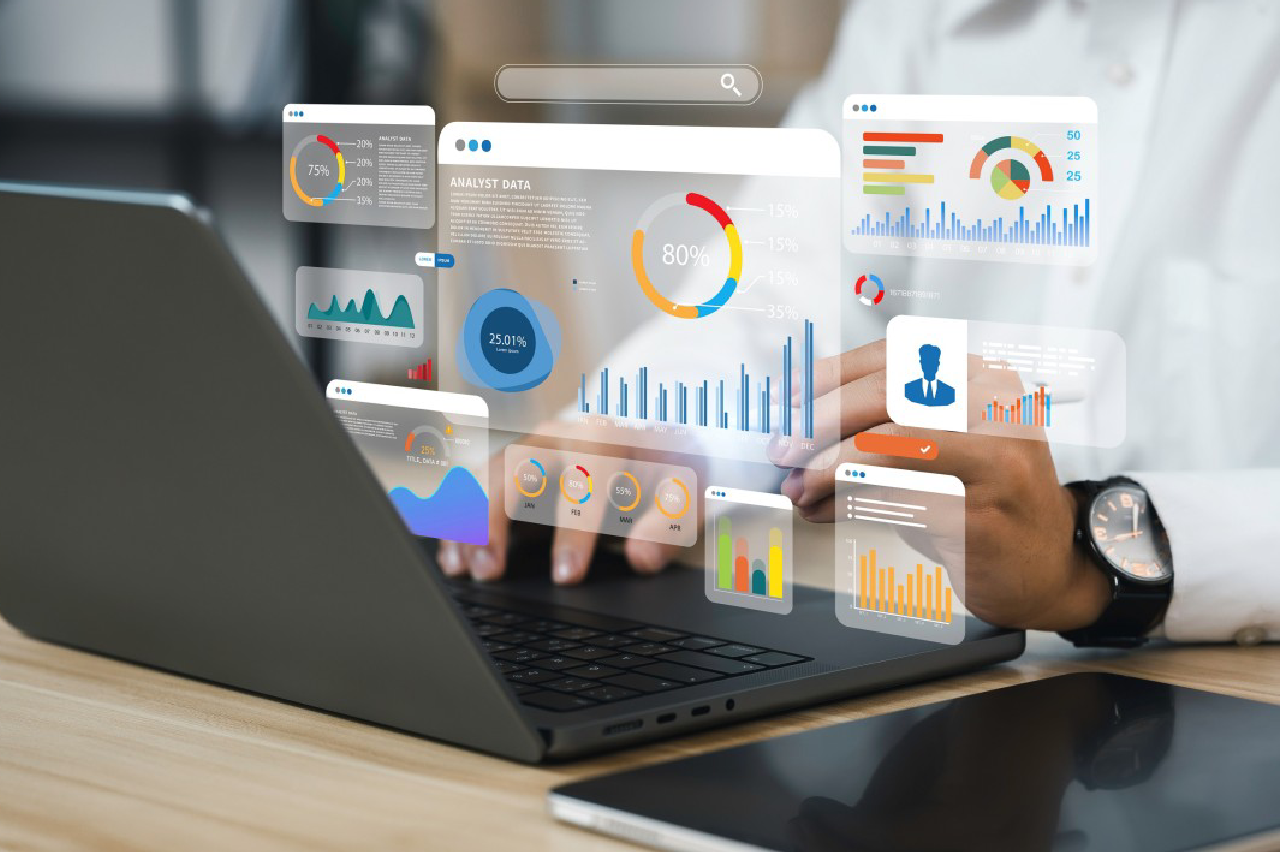How to Improve Digital Marketing Campaigns with Analytics
In today’s fast-paced digital world, using digital marketing analytics is essential to improving your marketing campaigns. Analytics allows you to track and measure your marketing performance, make data-driven decisions, and achieve better results. This guide will walk you through the best practices for leveraging analytics to enhance your digital marketing efforts.
1. Set Clear Goals and KPIs
Before diving into digital marketing analytics, it’s essential to define clear goals for your campaigns. Whether you aim to increase website traffic, boost conversion rates, or grow your social media presence, setting measurable Key Performance Indicators (KPIs) will guide your efforts. These goals help you identify the most relevant metrics to track.
2. Use Google Analytics to Track Website Performance
Google Analytics is a powerful tool for measuring website performance. It helps you track key metrics such as page views, bounce rate, and average session duration. These insights allow you to identify areas for improvement and optimize your website to enhance user experience and drive more conversions.
3. Monitor Social Media Analytics
Social media platforms provide in-depth analytics that offer valuable insights into your audience’s behavior. By tracking engagement rates, follower growth, and post reach, you can determine what content resonates with your audience. Use this data to optimize your content strategy for better engagement.
4. A/B Testing for Optimization
A/B testing is an excellent way to optimize your digital marketing campaigns in real-time. By testing different variations of ads, landing pages, or emails, you can determine what works best for your audience. This data helps you refine your campaigns and increase conversions.
5. Track ROI to Optimize Your Budget
One of the most important aspects of using analytics is tracking the Return on Investment (ROI) for your campaigns. By measuring ROI, you can understand which strategies yield the best results and allocate your marketing budget effectively to maximize your return.
6. Use Heatmaps for User Behavior Insights
Heatmaps show you where users click, scroll, and hover on your website. These insights can help you understand user behavior and identify areas of your site that need improvement. By optimizing user experience, you can enhance your campaign’s performance.
7. Segment Your Audience for Personalized Marketing
Analytics helps you segment your audience based on demographics, interests, and behavior. With this data, you can personalize your campaigns for specific audience groups, improving engagement and driving better results.
8. Analyze Competitors’ Performance
By analyzing your competitors’ digital marketing strategies, you can gain valuable insights into industry trends and gaps in the market. Tools like SEMrush and Ahrefs can help you track competitor website traffic, keyword rankings, and backlink strategies.
9. Continuous Monitoring and Reporting
Digital marketing analytics is an ongoing process. Regularly monitor your campaigns and generate reports to track performance. This ensures you can identify trends early and make timely adjustments to improve campaign results.
10. Use Predictive Analytics for Future Campaigns
Predictive analytics uses historical data to forecast future trends and customer behavior. This allows you to optimize future campaigns, allocate resources effectively, and improve overall performance.
Conclusion
Incorporating digital marketing analytics into your campaigns is crucial for success. By using data to track website performance, optimize strategies, and make informed decisions, you can improve campaign effectiveness and drive better results. At Sri Technology, we help businesses harness the power of analytics to enhance their digital marketing strategies. Ready to take your campaigns to the next level? Contact us today!



